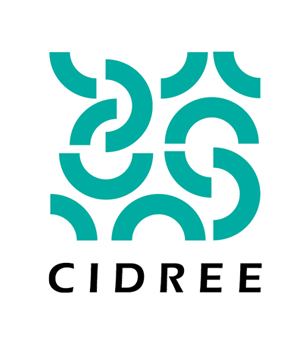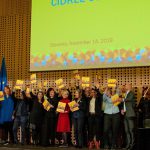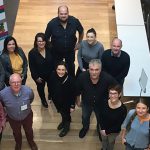Relevant Topics of the Curriculum in Designing the 21st Century Skills
How to define 21st Century skills in national curricula? How to support educational practitioners in implementation of these skills? How to arise general awareness in society about educational challenges of the modern era? These questions have major significance in educational policy in every European country. Therefore, 18 experts from 8 countries (Belgium (FL), Ireland, Luxembourg, Netherlands, Norway, Sweden, Switzerland and host Estonia) came together to discuss 21st Century skills and their design in national curricula.
The meeting was kicked off with a school visit in Tallinn Art Gymnasium. This public school is renowned for innovative initiations for creating better student-centered learning environment within national curriculum. After the school visit, every participant gave a short overview of the current situation of curriculum development in their own countries. For the second day, in-depth analysis was planned.
As always, the main values of the expert meeting were upgrade of professional contacts, renewal of the old ones and thereby strengthening the European educational network. Peer-to-peer discussions offered the possibility to share individual professional perspectives of policy-making.
The results of the discussions were not surprising, but it was important to assure the mutual understanding of the topic. Experts unanimously pledged that even though different countries have different approaches in defining 21st Century skills in national curricula, it is important to always base this on scientific evidence. Participants also agreed that there was no place for retrenchment in state budgets in the field of teacher education and supportive resources if countries really wanted the implementation of 21st Century skills in classrooms.
Follow up ideas were also discussed. One open idea for a future expert meeting was the question of how to establish reasonable cyclic curriculum development policy. In other words, how to replace curriculum revolution with curriculum evolution.



